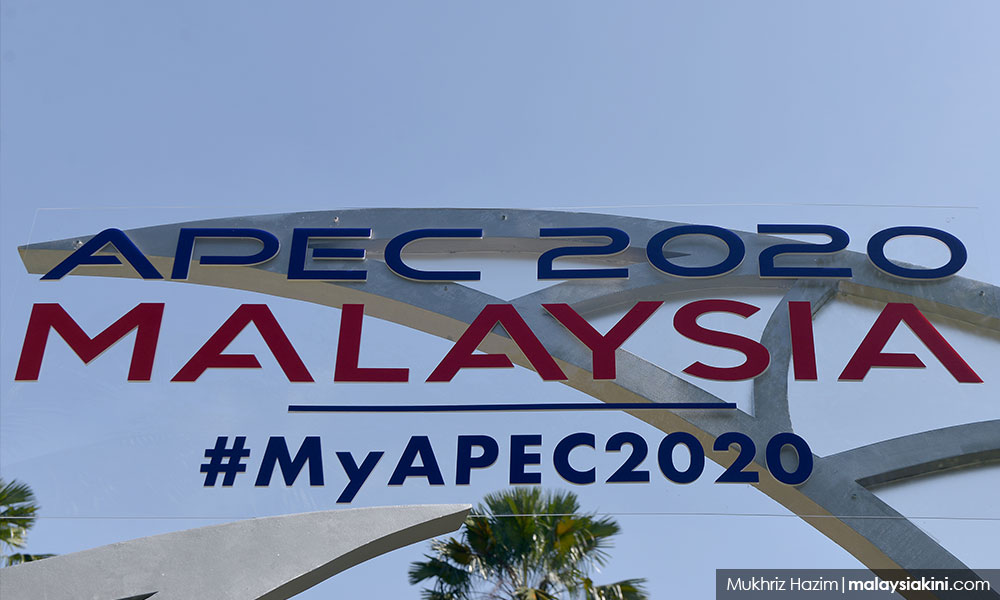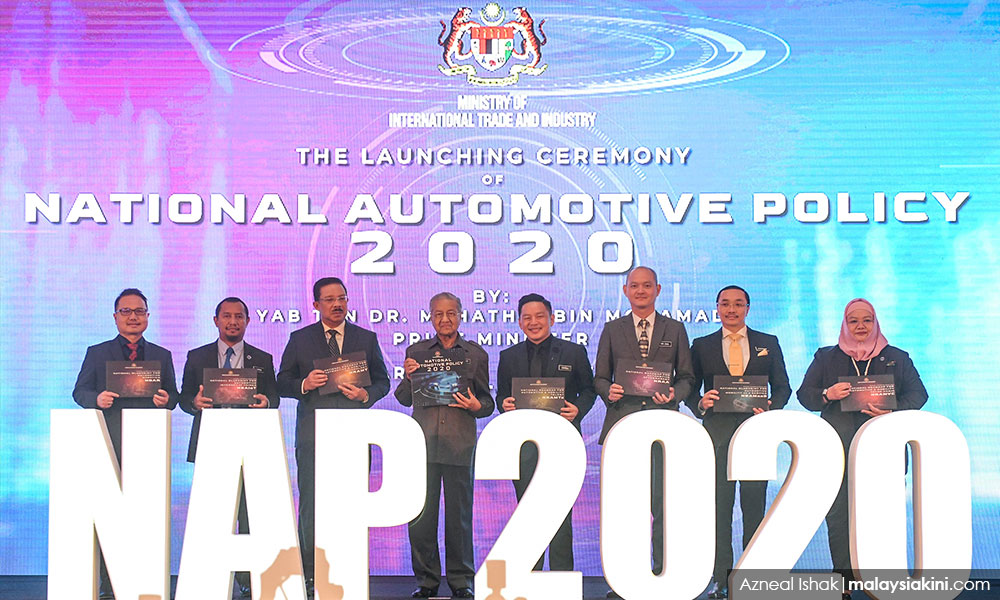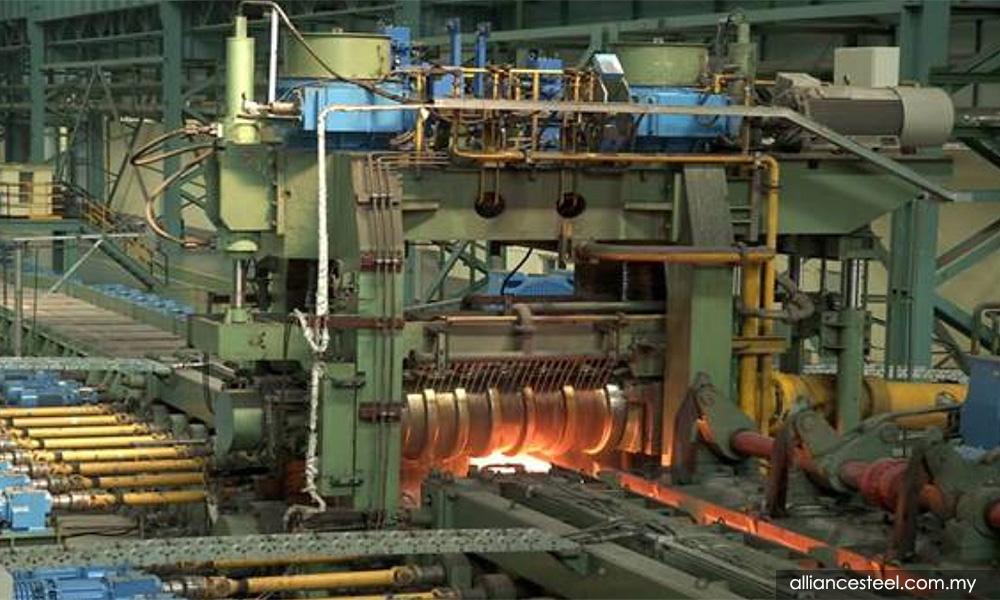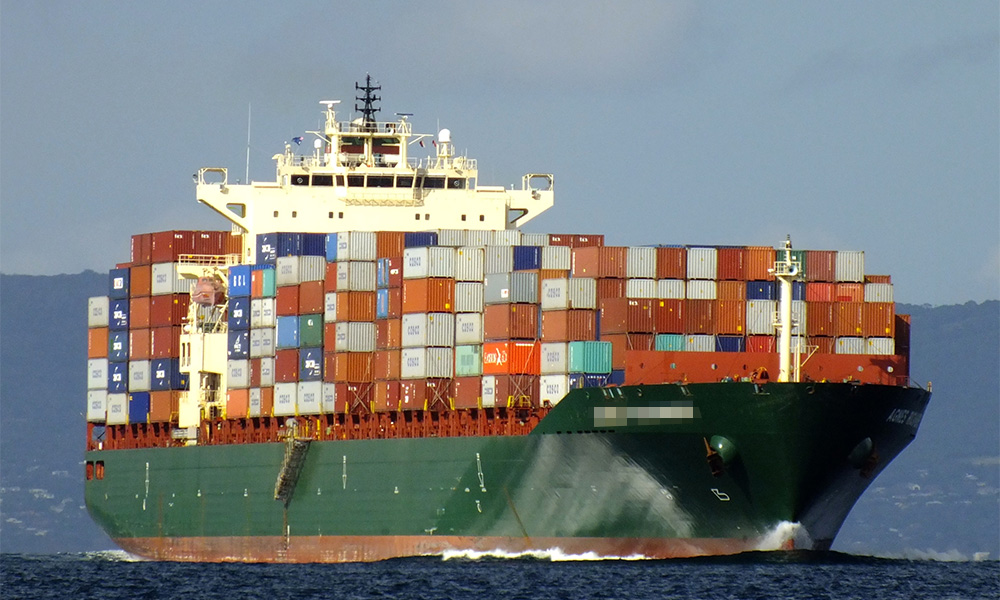COMMENT | The new minister for International Trade and Industry (Miti), Azmin Ali, and his deputy, Lim Ban Hong, were sworn yesterday. I wish them well in managing and facing the many challenges ahead.
The economic challenges faced by the new government are immense especially given the Covid-19 crisis. Miti has a very important role to play in helping the industry navigate through these uncertain times. I want to take this opportunity to offer some thoughts on the key priorities for Miti moving forward.
1) Managing disruptions in the supply chain
As an open trading nation, our external trade is driven by the manufacturing sector, especially in electrical and electronic (E&E) products. More than one-third of our trade with China, our largest trading partner, comprises E&E products.
With significant production disruptions in E&E manufacturing in Guangzhou, and also in automotive components in Hubei, our manufacturing sector will also be negatively affected.
Exports and imports in January 2020 declined by 1.5 percent and 2.4 percent respectively on a year-to-year basis. The February 2020 figures will be much worse.
A special task force similar to the one Miti established to monitor the effects of the US-China trade war should be established to collect data and to monitor the manufacturing sectors most affected by the Covid-19 virus.
Some mitigating measures have already been announced in the economic stimulus package by former prime minister Mahathir Mohamad including import duty exemptions for machinery and equipment used in port operations and more flexibility in manufacturing activities in Licensed Manufacturing Warehouses (LMWs) and Free Industrial Zones (FIZs).
These import duty exemptions can be extended to other manufacturers besides those involved in port operations. At the same time, LMW conditions can be further relaxed by allowing a higher percentage of manufactured goods to be sold into the domestic market. This will require cohesive and strong coordination between Miti and the Ministry of Finance (MOF).
2) Achieving Apec2020 “Putrajaya Goals”
As host economy for Asia-Pacific Economic Cooperation (Apec) 2020, Malaysia has the responsibility of getting the consensus of all 21 participating economies to issue a joint leaders’ statement at the leaders’ meeting in November 2020 and more importantly, to agree on a set of goals (Putrajaya Goals, perhaps?) to replace the Bogor Goals which expire at the end of this year.

After the cancellation of the Apec leaders’ meeting in Santiago, Chile, in 2019 and the failure to produce a leaders’ statement in Papua New Guinea (PNG) in 2018, the pressure for Malaysia to deliver is higher than ever, especially with the change in government.
The immediate challenge for the Miti minister is to manage the ministers Responsible for Trade (MRT) meeting on April 20 and 21. The Miti minister will chair this meeting and the deputy minister will represent Malaysia.
The sudden change in government would likely have delayed the appointment of the public relations management consultant for Apec. While the social media, advertising and publicity activities are ongoing, the shaping of the public narrative on Apec within Malaysia and outside the country by the selected PR consultancy will be crucial, especially given the change in government.
I am confident that the Miti officers and officers from other assisting ministries will provide much-needed continuity to the Apec meetings. At the same time, it is also crucial for the minister and his deputy to provide firm leadership and vision on how to continue to execute the Apec meetings especially in light of ongoing uncertainties with regards to the Covid-19 global health crisis.
3) Foreign and domestic investment incentives and opportunities
At the beginning of the year, I was looking forward to further positioning Malaysia as a strategic location for investors seeking diversification and expansion opportunities. These opportunities are still there but the challenge for the minister is to demonstrate continuity in investor-friendly policies.
One such policy is the China Special Channel (CSC) that is spearheaded by InvestKL, one of the investment promotion agencies under Miti, that is tasked with seeking strategic investments from China arising from the US-China trade war.
Other policies would include the RM5 billion customised incentives for domestic as well as foreign investors spread over five years that was announced in the 2020 budget. The devil is in the details, and there needs to be careful attention to how these incentives are designed and implemented.
One such platform which can be used effectively to flesh out the details of these new incentives is the National Committee on Investments (NCI) I, which is co-chaired by the finance minister and the Miti minister. I hope that you will work closely with the new finance minister to utilise NCI I to approve much-needed investment incentives efficiently and transparently.
4) Industry 4.0 rollout
The Industry4WRD / 4.0 policy is one of the most significant policies launched by Miti under the Pakatan Harapan government. More than 500 small and medium enterprises (SMEs) in the manufacturing sector have been approved to undertake the Industry 4.0 Readiness Assessment (RA) evaluation and more than 100 of such evaluations have already been carried out by qualified assessors. The business intervention 70 percent/30 percent matching grant (of up to RM500,000 per grant) was also launched earlier this year for companies which have undergone the RA evaluation.
The plan for 2020 is to roll out the RA to at least 500 more companies and to open up the RA to SMEs in the manufacturing services sector. I was in the process of planning strategic engagements with the SME arms of financial institutions, with auditing and professional service firms and also with industrial associations at the local level to promote Miti’s Industry 4.0 programs and policies.
I hope that such strategic engagements can continue because I have found them to be quite effective in conveying Miti’s vision and plans, building SMEs’ trust in government programs, and overall building a stronger stakeholder network to collectively move Malaysian industry into the digital age.
5) National Automotive Policy (NAP) 2020
The National Automotive Policy (NAP) 2020, which was launched on Feb 21, 2020, was the last major policy announcement by Miti under the Harapan government. The overall thrust of the NAP 2020 is very clear, focusing on next-generation vehicles, mobility as a service and Industry 4.0 pillars throughout the automotive value chain. But again, the devil is in the details and careful attention has to be paid to how the seven roadmaps for the NAP 2020 will be rolled out and implemented. These roadmaps will, for example, determine how quickly the electric vehicle charging ecosystem will be rolled out.

There will also need to be strategic coordination between Miti and other relevant ministries and agencies such as the ministry that was formerly known as Ministry of Energy, Science, Technology, Environment and Climate Change (Mestecc) - which has been broken up into there ministries - and Greentech Malaysia, an agency under Mestecc as well as the Transport Ministry and the MOF for the successful rollout of these roadmaps.
While not directly linked to the NAP 2020, one of the ongoing challenges for the Miti minister will be to work out a suitable formula for the calculation of the excise taxes and incentives for new cars under the Automotive Development Business Committee (ABDC) to prevent car prices from increasing in 2021.
6) Iron and steel industry
One of the ongoing challenges for Miti is the health of the domestic iron and steel industry in Malaysia. 2019 was particularly bad for many of the local players as global steel prices came under pressure as a result of overcapacity in the industry. Miti was in the midst of finalising the Iron and Steel White Paper that would outline the path for the industry as a whole moving forward.
One of the pathways outlined in this White Paper was the need for industry consolidation and incentive structures to facilitate this process. The Miti minister has to decide if he agrees with the plans and strategic direction outlined in this White Paper and to table it in cabinet if he does.

He will also have to balance between taking care of the interest of existing players in Malaysia and allowing new steel players to come into the market. New steel investors could bring in large amounts of foreign direct investment but could also end up flooding the domestic market and decimating the local industry at a critical juncture where it needs time to consolidate and invest to upgrade itself.
7) FTA strategy
Negotiating win-win Free trade agreements (FTA) is one of the key responsibilities of Miti. It will be challenging for all the countries involved in the Regional Comprehensive Economic Partnership (RCEP) FTA to put pen to paper this year given the public positions taken by India.
The Miti minister will have to work together with the other trade ministers to see how likely it is to bring India back to the negotiating table, failing which, to sign the RCEP with only 15 countries excluding India.
This negotiating will require a deft understanding of the underlying FTA details and understanding of the positions of each of the countries involved as well as the personality of the individual ministers. Not an easy task especially for a new minister to be thrown into the deep end in this manner.
At the same time, the Miti minister also needs to decide on whether to restart stalled talks and decisions on some of the other FTAs which are on the table. There are advantages to restarting the EU-Malaysia FTA, especially since our neighbours namely Singapore and Vietnam have already signed an FTA with the EU, while Indonesia and Thailand are currently in negotiations with the EU on an FTA.
This is important not just because we don’t want to fall behind our neighbours in terms of market access opportunities but also because we want to send the right signals to potential foreign investors.
The good news is that the discussions with the European Free Trade Association (EFTA) comprising Switzerland, Norway, Liechtenstein and Iceland are already underway (albeit in the early stages).

Last but certainly not least, a decision still has to be made with regards to whether or not Malaysia should ratify the Comprehensive and Progressive Agreement for Trans-Pacific Partnership (CPTPP). Thailand has expressed interest to join the CPTPP and the UK has also expressed similar interest.
If current concerns regarding some of the provisions in the CPTPP can be addressed, it would be in Malaysia’s interest to make a positive decision soon so that we can be part of the decision-making process within the CPTPP framework rather than to be on the outside looking in with no power to make any recommendations since we have not ratified the agreement.
FTAs that benefit our industrial development are important – the more FTAs that neighbours sign, the more cards they have in their hand to play; Malaysia, having no new cards to play, would eventually become much less relevant in this multilateral trading game, leaving our industries disadvantaged from a global supply chain perspective.
8) New Industrial Master Plan (IMP4) and other industrial policies
Last but not least, MITI is in the process of drafting the New Industrial Masterplan (or IMP4) which would chart the course for industry in Malaysia for at least the next 10 years. This would be an important complement to the 12th Malaysia Plan.
At the same time, a remanufacturing policy is also being drafted which would be important for the automotive sector. A blueprint or roadmap for the E&E sector in the country is also being drawn up. These are the plans which will provide continuity for our industrial development, plans which will need careful steering to strengthen Malaysia’s competitiveness and resilience in uncertain and volatile times.
Conclusion
This list is not exhaustive, of course. And this letter does not presuppose that the current Perikatan Nasional government will necessarily be a stable one, through no fault of Harapan. But the interest of the country should be put first, and I wish the minister and his deputy well in the carrying out of their tasks for Miti and the country.
ONG KIAN MING is Bangi MP and assistant national director for political education for DAP.
The views expressed here are those of the author/contributor and do not necessarily represent the views of Malaysiakini.

